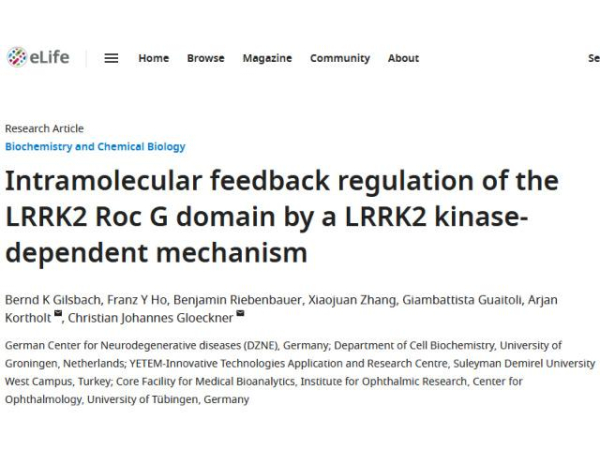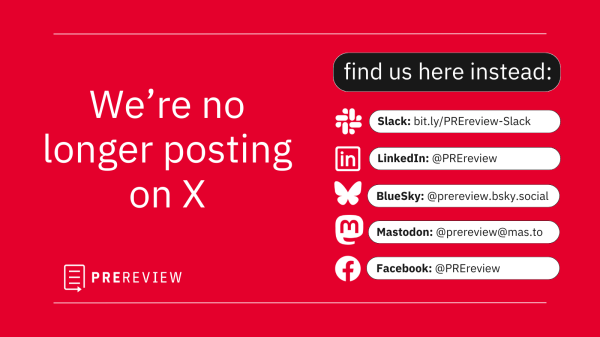Suche
Beiträge, die mit PeerReview getaggt sind
➡️ Intramolecular feedback regulation of the LRRK2 Roc G domain by a LRRK2 kinase-dependent mechanism
🔗 https://doi.org/10.7554/eLife.91083.4
We talked to one of the #authors, Arjan Kortholt from our faculty of #Science and #Engineering, about the article, preprints, open #PeerReview, open access, and #OpenScience in general.
Read more on our Open Science #Blog: https://www.rug.nl/library/open-access/blog/open-access-publication-in-the-spotlight-intramolecular-feedback-regulation-of-the-lrrk2-roc-g-do
#Biochemistry #Biology #OpenData
@ScienceNewsroom_UG
Intramolecular feedback regulation of the LRRK2 Roc G domain by a LRRK2 kinase-dependent mechanism
The Parkinson’s protein Leucine-Rich Repeat Kinase 2 contains a GTPase as well as kinase domain and modulates its intrinsic GTPase activity by autophosphorylation of the P-loop residue threonine 1343.Bernd K Gilsbach (eLife Sciences Publications, Ltd)
#OpenScholarship #OpenResearch #PeerReview
https://www.chronicle.com/article/ai-scientists-have-a-problem-ai-bots-are-reviewing-their-work
(#paywalled)
One complained, “If I wanted to know what #ChatGPT thought of our paper, I could have asked myself.”
https://www.sciencedirect.com/science/article/abs/pii/S0169260724003067
#AI #LLM #PeerReview
https://www.nature.com/articles/s41551-024-01228-0
PS: I call it far-fetched. And you?

The advent of human-assisted peer review by AI - Nature Biomedical Engineering
The Internet didn’t disrupt academic publishing. Audiovisual generative AI might do.Nature
https://www.cos.io/smart-prototyping
#PeerReview
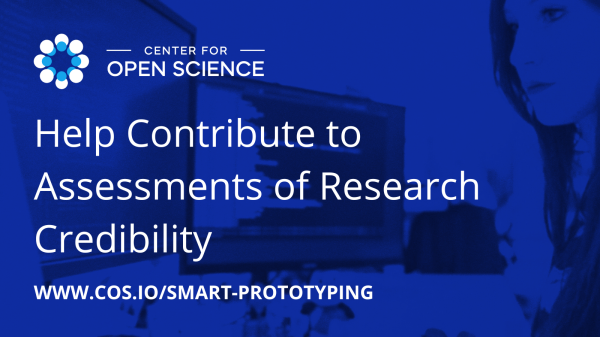
SMART Prototyping
The Center for Open Science (COS), along with its collaborators, is building on the work completed during the DARPA-funded SCORE program, which demonstrated the potential of using algorithms to efficiently evaluate research claims at scale.www.cos.io
https://www.semafor.com/article/05/08/2024/researchers-warned-against-using-ai-to-peer-review-academic-papers
#PeerReview
https://link.springer.com/article/10.1007/s11192-024-04960-1
#PeerReview
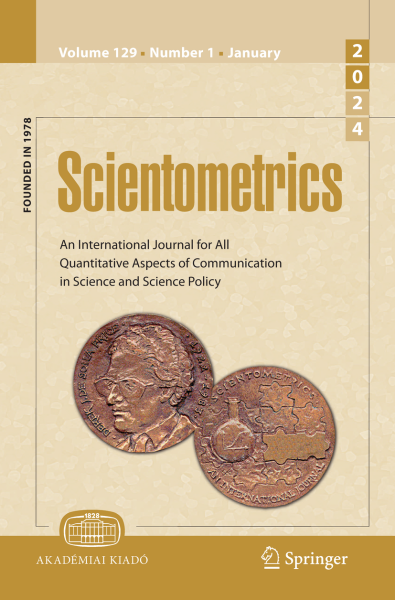
Emerging plagiarism in peer-review evaluation reports: a tip of the iceberg? - Scientometrics
The phenomenon of plagiarism in peer-review evaluation reports remained surprisingly unrecognized, despite a notable rise of such cases in recent years.SpringerLink
https://arxiv.org/abs/2403.07183
#AI #PeerReview
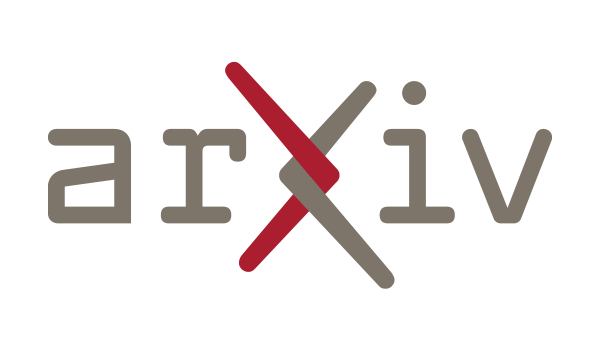
Monitoring AI-Modified Content at Scale: A Case Study on the Impact of ChatGPT on AI Conference Peer Reviews
We present an approach for estimating the fraction of text in a large corpus which is likely to be substantially modified or produced by a large language model (LLM).arXiv.org
https://www.thelancet.com/journals/laninf/article/PIIS1473-3099(24)00160-9/fulltext
1. In an experimental peer review report, #ChatGPT "made up statistical feedback and non-existent references."
2. "Peer review is confidential, and privacy and proprietary rights cannot be guaranteed if reviewers upload parts of an article or their report to an #LLM."
https://arxiv.org/abs/2402.05519
#AI #PeerReview
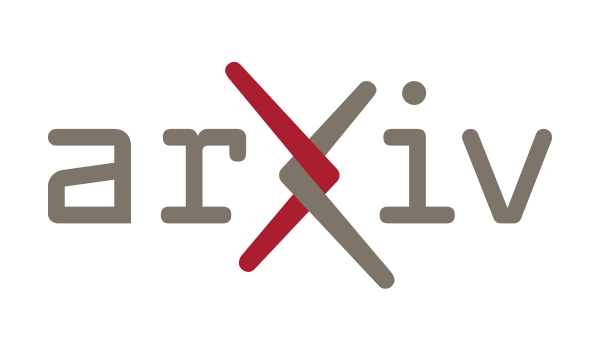
Can ChatGPT evaluate research quality?
Purpose: Assess whether ChatGPT 4.0 is accurate enough to perform research evaluations on journal articles to automate this time-consuming task.arXiv.org
"Several publishers…have barred researchers from uploading manuscripts…[to] #AI platforms to produce #PeerReview reports, over fears that the work might be fed back into an #LLM’s training data set [&] breach contractual terms to keep work confidential…[But with] privately hosted [and #OpenSource] LLMs…one can be confident that data are not fed back to the firms that host LLMs in the cloud."
https://www.nature.com/articles/d41586-023-03144-w
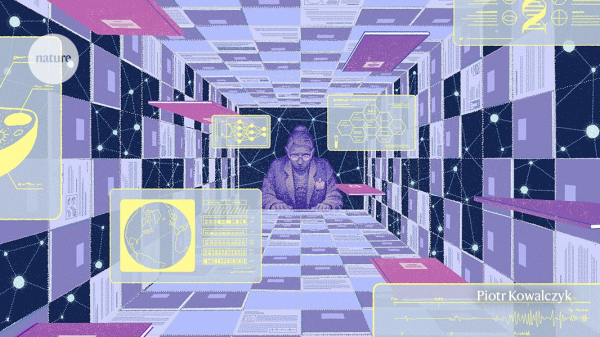
How ChatGPT and other AI tools could disrupt scientific publishing
A world of AI-assisted writing and reviewing might transform the nature of the scientific paper.Conroy, Gemma
https://www.science.org/content/article/science-funding-agencies-say-no-using-ai-peer-review
(#paywalled)
Apart from #quality, one concern is #confidentiality. If grant proposals become part of a tool's training data, there's no telling (in the NIH's words) “where data are being sent, saved, viewed, or used in the future.”
#Funders
1. I have mixed feelings on #attribution in peer review. I see the benefits, but I also see the benefits of #anonymity.
https://twitter.com/petersuber/status/1412455826397204487
2. For #AI today, good #reviews are a harder problem than good #summaries.
https://fediscience.org/@petersuber/109954904433171308
3. Truth detection is a deep, hard problem. Automating it is even harder.
https://fediscience.org/@petersuber/109921214854932516
#PeerReview #OpenPeerReview
petersuber (@petersuber@fediscience.org)
Update. I said above (4th item in thread) that "for a bot maker, it will be more profitable to solve the marketing problem (bring in users) than the truth-telling problem." I stand by that but want to clarify. The reason is not greed.FediScience.org
One way to ensure that reviewers take #responsibility for their judgments is #attribution.
#PeerReview #OpenPeerReview
https://www.researchsquare.com/article/rs-2587766/v1
"For the moment, we recommend that if #LLMs are used to write scholarly reviews, reviewers should disclose their use and accept full responsibility for their reports’ accuracy, tone, reasoning and originality."
PS: "For the moment" these tools can help reviewers string words together, not judge quality. We have good reasons to seek evaluative comments from human experts.
Fighting reviewer fatigue or amplifying bias? Considerations and recommendations for use of ChatGPT and other Large Language Models in scholarly peer review
Background: The emergence of systems based on large language models (LLMs) such as OpenAI’s ChatGPT has created a range of discussions in scholarly circles.www.researchsquare.com
